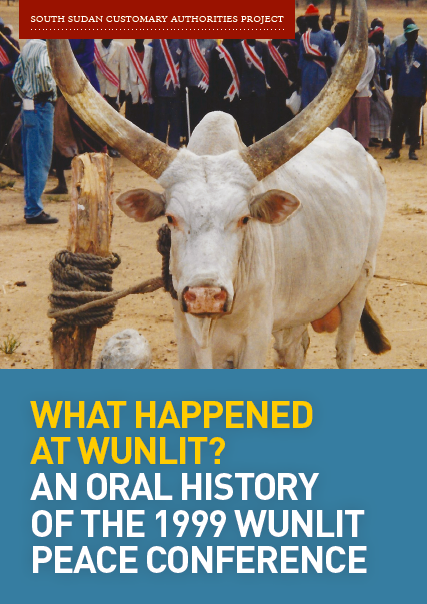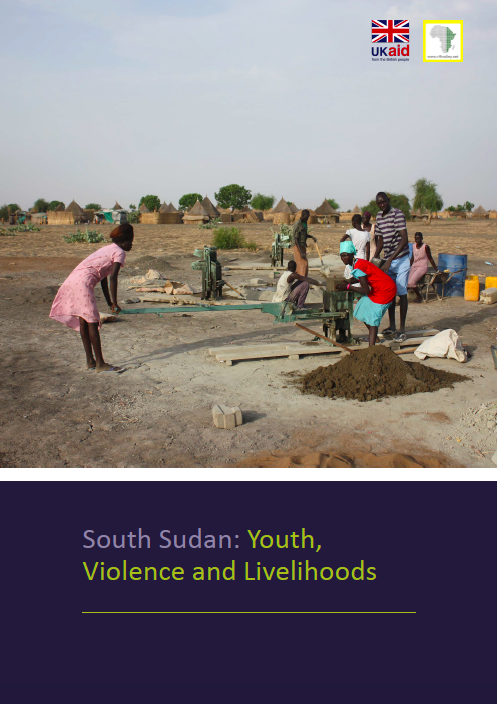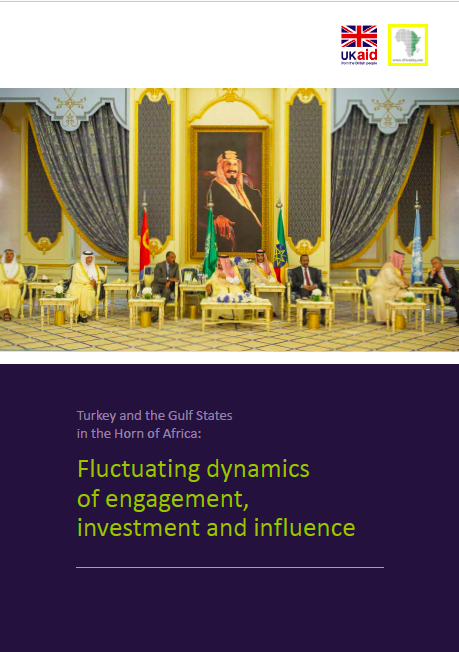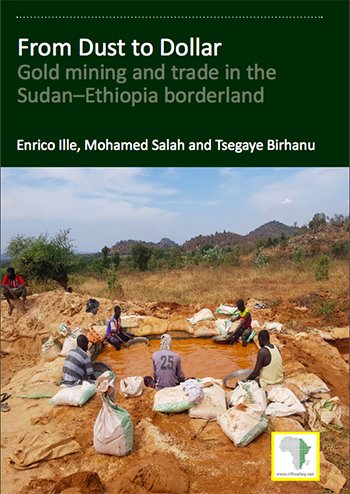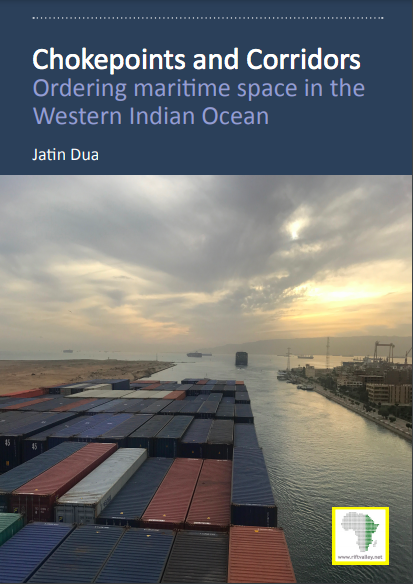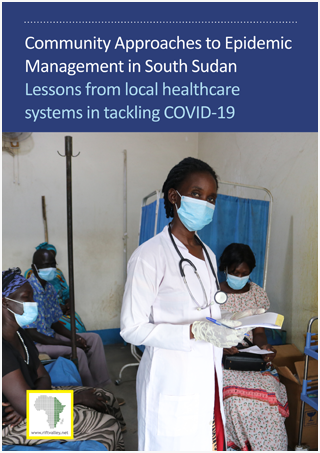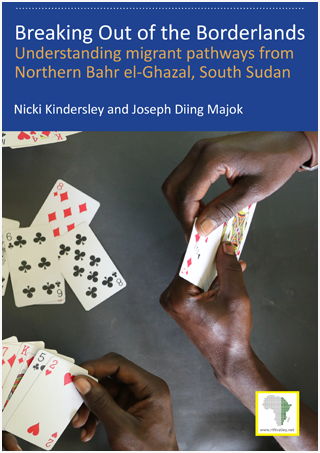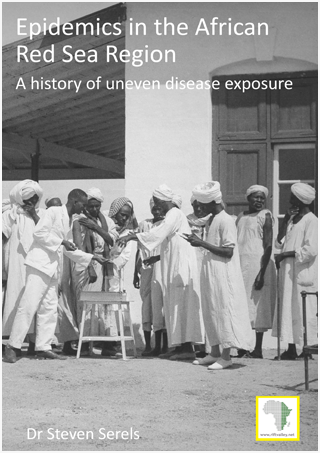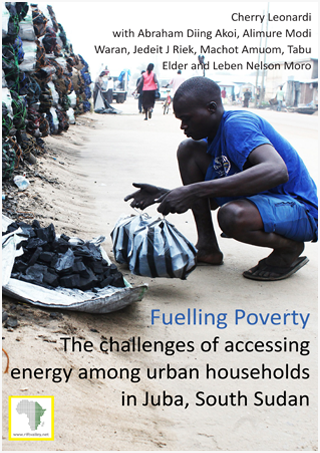PRE-PRINT Wunlit was the most successful peace meeting in the history of the Sudans, a meeting where customary authorities took a leading role. It brought together representatives of Nuer and Dinka communities west of the Nile, communities that had…
RVI publishes books, research reports, research papers, briefings and meeting reports in a range of formats. Publications cover policy, research, arts, culture and local knowledge in the countries of eastern and central Africa. Research publications—books, reports and papers—are peer-reviewed. Some RVI publications are also available in French and/or Arabic.
The RVI is a signatory of the Budapest Open Access Initiative (2001); all publications are free for download in PDF format under Creative Commons licences. The views expressed in books and reports published by the RVI are those of the authors, not the Institute.
SEARCH
PUBLICATION TYPE
LANGUAGE
REGION
COUNTRY
This report explains the realities of life for South Sudan’s youth population, the majority of whom are living in conditions of extreme economic precarity. Young people face enormous challenges in trying to survive and progress in their lives. This…
Since around 2015, the importance of the Gulf states, particularly Saudi Arabia, the United Arab Emirates (UAE) and Qatar, in the affairs of countries in the Horn of Africa has been growing. At the same time, Turkey, which…
From Dust to Dollar focuses on the borderland region between Sudan and Ethiopia, using gold-mining and trade to examine transnational flows of people and commodities across its semi-permeable frontier. Gold mining has shifted from being part of a long-term,…
In the Horn of Africa there is a dynamic interplay between land and sea that has shaped political, economic and social relationships. Historical and contemporary instances of piracy in the Western Indian Ocean, at different times, precipitated a securitization of…
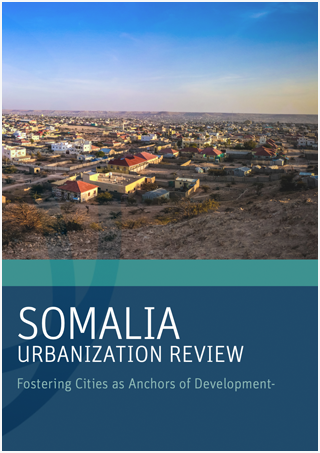
- Download
The World Bank’s Somalia Urbanization Review aims to improve our understanding of the complex issues pertaining to urbanization in Somalia and identifies priority interventions that can help better manage it. There is wide consensus within the government as well…
South Sudanese people have extensive knowledge of infectious diseases and experience of organizing responses to epidemics during wars and other crises. There are multiple, locally-specific methods used by communities for interrupting infection transmission and managing epidemics. This report documents…
Breaking Out of the Borderlands is the second report by Dr Nicki Kindersley and Joseph Diing Majok on South Sudan’s changing borderland economy. The first report in the series—Monetized Livelihoods and militarized Labour in South Sudan’s Borderlands—described the protracted…
Summary The sustained movement of people, goods and ideas across the African Red Sea Region has been and continues to be so intense that it binds together communities throughout the region in a unified multifaceted socio-economic system that transcends…
In South Sudan, access to energy is crucial for survival, recovery and resilience in what is an extremely challenging economic and security environment. Fuelling Poverty—a product of the Energy on the Move project—examines the challenges of meeting everyday energy…
Recent Publications

EWNET Writes: Writing Workshop Session I
December 18, 2025
The Ethiopian Women Researchers Network (EWNET) inaugural writing workshop series aims to not only provide women researchers with uninterrupted time for their scholarly projects, but also build a supportive academic community. The first session, entitled ‘EWNET Writes: Writing Workshop Session

SSC-Khaatumo: Perspectives on the significance and implications of its formation
December 12, 2025
On 15 April 2025, during a visit to the city of Las Anod in Sool, Prime Minister Hassan Abdi Barre officially declared the federal government’s recognition of SSC-Khaatumo (SSC-K hereafter) as a federal member state, marking an important milestone in

Aid and Conflict Sensitivity in Contemporary Ethiopia
November 17, 2025
This study assesses conflict sensitivity practices among humanitarian, development and peacebuilding (HDP) actors in Ethiopia. It seeks to raise awareness and foster a deeper understanding of the evolving aid landscape in the country while analysing the challenges that affect conflict-sensitive

